Nigerian-American professor Farooq Kperogi has criticized Bola Tinubu, saying that a leader who engages in “primitive acquisitiveness” at the expense of suffering Nigerians has no moral right to expect patriotism or voluntary sacrifice from the citizens.
In an article titled “Tinubu: Overfed Father of Starving Children,” Kperogi argued that if Tinubu and his administration are genuinely committed to making sacrifices, especially given Nigeria’s financial struggles, they should start by giving up their own “subsidies.”
He pointed out that there is no honour or dignity in being an overfed father while his children starve.
Drawing on his own father’s example, Kperogi highlighted the sacrifices his father made to improve his children’s lives, comparing the role of a parent to that of a president.

“Just as selfless, responsible parenting automatically inspires filial respect and love, compassionate, responsible governance engenders patriotism and makes possible national self-sacrifice from citizens.
“The more I read stories of Bola Ahmed Tinubu’s profligate expenditures and vain acquisitions amid the once-in-a-generation cost-of-living crisis that ordinary Nigerians are going through as a direct consequence of his economic policies, the more I think of my late father.”
He wondered if they would have been emotionally attached to his father even at his death, if he had splurged on himself while his children starved. “Would he have been able to persuade us that we didn’t have the fine things of life because he lacked the means to buy them for us?
“Nigeria has one of the world’s highest poverty rates. Most Nigerians now live in way worse poverty than I lived in when I was growing up,” he stated.
“Yet Tinubu’s economic reforms consist basically in denuding citizens of some of the subsidies we had taken for granted—relatively cheap petrol (which leads to affordable transportation and food costs), subsidised education (which allows the son of a primary school teacher like me to go to university), etc.
“The justification for these “reforms” is that Nigeria is too poor to be able to sustain programmes that help the poor to survive and thrive. So, sacrifice is required to rejig the economy. Money saved from the (temporary) withdrawal of the state from the lives of the people will be invested to ensure a greater, brighter, more prosperous tomorrow. Untrue, but fair enough.”
The renowned author and columnist questioned why the sacrifice was only one-sided. “While everyday people are being asked to cope with unbearably high petrol and electricity prices, which have affected every aspect of life, Tinubu purchased a new presidential jet for $150 million, equivalent to over N150 billion.”
“This is aside from the fact that the sum of N12.7billion has been allocated in the 2023 supplementary budget for the maintenance of the presidential air fleet. A country too poor to provide much-needed subsidies for its poor shouldn’t have a president who flies in an expensive plane or an air fleet that guzzles that much money to maintain.
“The UK is a much wealthier country than Nigeria. It gives its citizens the sorts of subsidies that Nigerians have been blackmailed into accepting that they are unworthy of, but the UK Prime Minister had no dedicated aircraft until 2016 when a plane was purchased for the Prime Minister (and “other ministers and senior members of the royal family when they travel on official engagements”) at the cost of $15 million.”
“UK government officials, including the Prime Minister, used to charter commercial jets for official travels. Until 2016, the “United Kingdom was, in fact, the only one among the Group of Seven industrialised countries without a dedicated government VIP jet,” citing the Points Guy website.
Recall that Tinubu caused a well-deserved national stir when he ordered the purchase of a presidential yacht worth N5 billion sometime in 2023.
“It also came to light that he bought for himself a bulletproof Escalade SUV worth N1.5 billion, among other examples of indefensible epicurean lavishness.
“In response to my last week’s column, a government apologist (who knows if he is a government appointee?) pointed out to me that, “The price of petroleum [in Nigeria] was the second lowest in the world (in dollar terms) by the time the subsidy was (partially) removed.”
“He said this as an indictment. He is miffed that Nigeria had the second lowest petrol price in the world. I doubt this is even true, but even if it were true, what’s wrong with that? It’s like a wealthy but stingy father who splurges on himself telling his starving children that they don’t deserve the crumbs he throws their way because there are poorer neighbours with way hungrier children than they.
“So, the rich but penny-pinching father stops the crumbs to the children but continues to luxuriate in conspicuous opulence while telling his children to learn to sacrifice for a greater tomorrow.
“That’s not a father worth respecting or obeying,” he maintained.
Follow Parallel Facts on WhatsApp Channel: https://whatsapp.com/channel/0029VaCQSAoHgZWiDjR3Kn2E



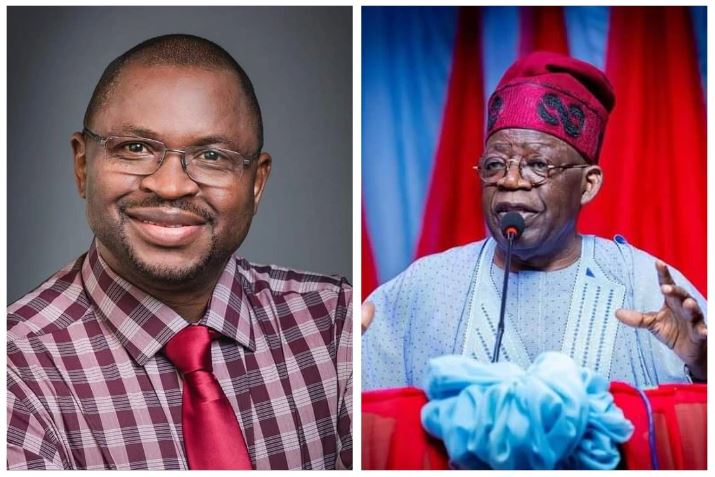

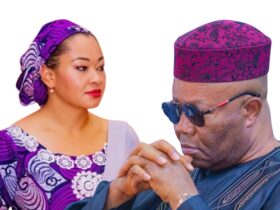
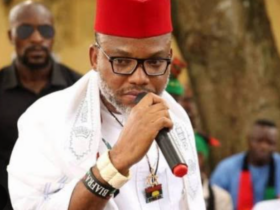
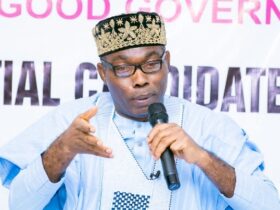
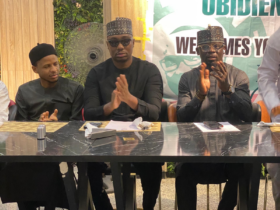
Leave a Reply